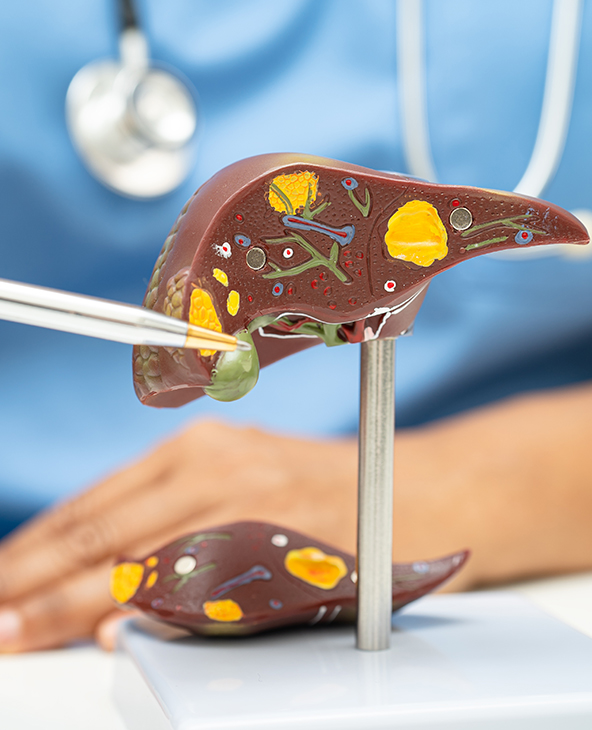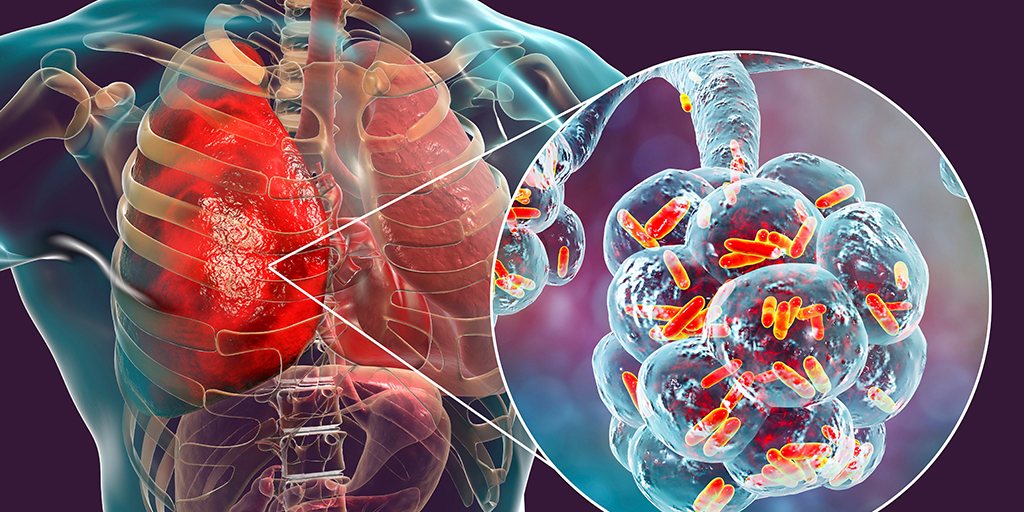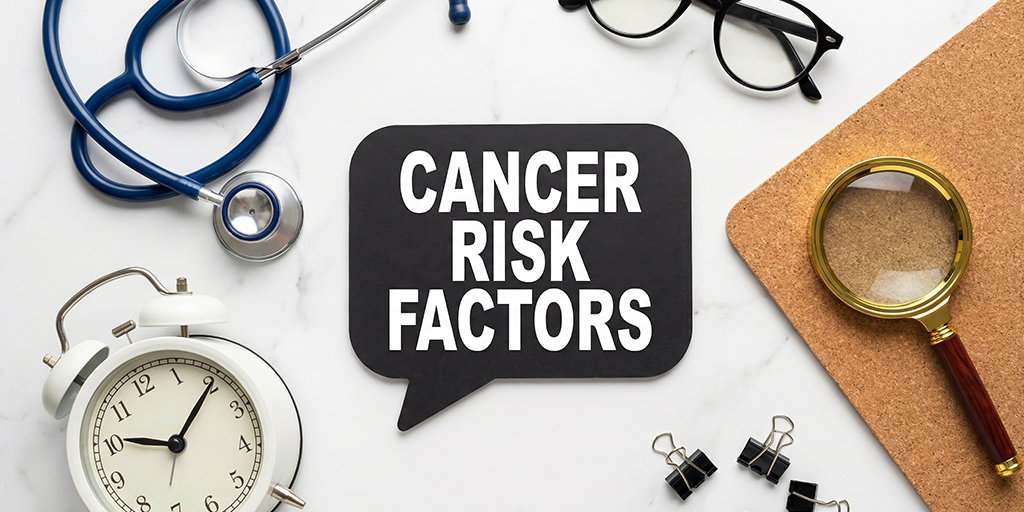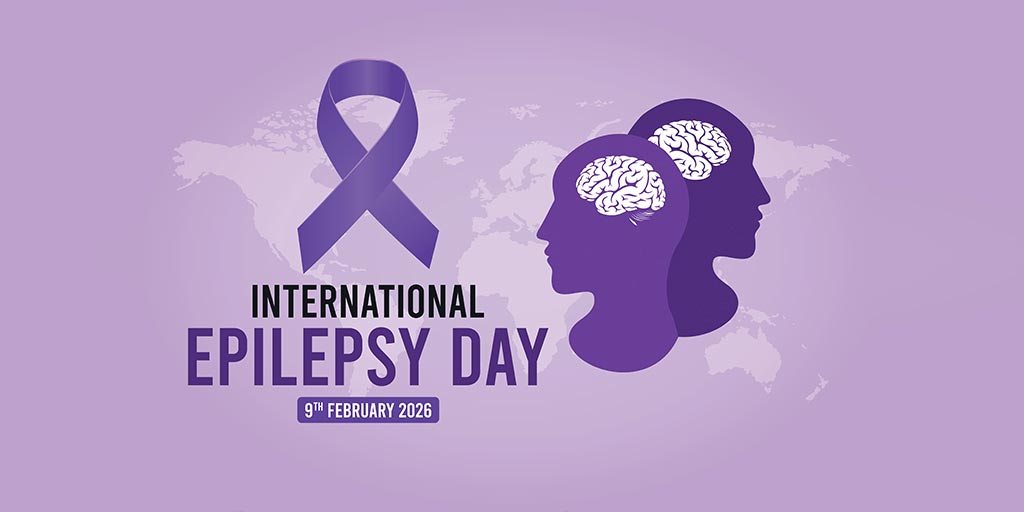Acute liver failure is the most dreaded life-threatening condition in the world of liver disease which requires immediate medical attention. It occurs when the liver rapidly loses its ability to function, often within days or weeks, leading to severe complications. Early intervention can help prevent other organ damage and improve its outcome. Graphic Era Hospital has a dedicated team of Hepatologist including other specialists who provides prompt diagnosis, efficient standard management to stabilise liver function and manage complications of other organ failure. With a patient-focused approach and advanced medical care, we ensure that those facing acute liver failure receive the best possible treatment and care.
What is Acute Liver Failure?
Acute Liver Failure is a medical emergency characterised by rapid deterioration of liver function, often without prior liver disease. It results from widespread liver cell damage, leading to a sudden loss of the liver’s ability to regulate metabolic functions, removing toxins from the blood, producing essential proteins, and maintaining overall physiological balance. This condition leads to symptoms of liver failure like loss of consciousness or coma, coagulation failure and extrahepatic multi-organ dysfunction due to cytotoxin storm requiring immediate medical intervention to prevent life-threatening outcomes.

Causes of Acute Liver Failure
Acute liver failure occurs when liver cells are extensively damaged, leading to a sudden and severe decline in liver function. Several factors can trigger this condition, ranging from infections and toxins to metabolic disorders and autoimmune liver disease.
Viral Infections
Certain viral infections can directly damage the liver, leading to extensive inflammation which may lead to acute liver failure. Hepatitis viruses, particularly hepatitis A, B, and E, are among the most common culprits. Other non hepatic viral infections such as Epstein-Barr virus (EBV), cytomegalovirus (CMV), herpes simplex virus (HSV) and dengue can also cause liver damage in rare clinical conditions.
Drug-Induced Liver Injury (DILI)
Medication toxicity is one of the leading causes of acute liver failure. Overdose or adverse reactions to certain drugs causing drug induced liver injury which may progress to acute liver failure.
- Paracetamol toxicity: This is one of the common causes of drug induced acute liver failure worldwide due to excessive and overdosing of the paracetamol. The liver metabolises paracetamol into a toxic by-product, in the condition of overdosing which overwhelms the liver’s ability to detoxify, resulting in liver injury.
- Anti tubercular medicine: In India where tuberculosis is quite common disease which may involve any organ from head to toe, treatment of tuberculosis by means of anti-tubercular treatment (ATT) causes leading drug leading into ATT induced hepatitis/ ATT induced acute liver failure.
- Other medications: Antibiotics, nonsteroidal anti-inflammatory drugs (NSAIDs), and herbal medicine like species of Giloy/ few Chinese herbs or dietary supplements have been linked to acute liver failure in some individuals.
Toxins and Poisons
Exposure to toxic substances can rapidly damage liver cells, leading to failure.
- Poisonous mushrooms: Ingestion of certain wild mushrooms, such as Amanita phalloides (death cap mushroom), can cause severe liver toxicity.
- Industrial chemicals: Exposure to heavy metals, pesticides, rodenticide and solvents can also contribute to liver damage.
Autoimmune Liver Diseases
In some cases, the body’s immune system mistakenly attacks healthy liver cells, leading to severe inflammation and rapid liver failure. Autoimmune liver disease is one such condition, where immune system dysregulation causes ongoing liver damage. If left untreated, it can progress to liver failure.
Metabolic Disorders
Certain inherited metabolic disorders can contribute to acute liver failure, even in individuals with previously normal liver function.
- Wilson’s disease: A rare genetic disorder that leads to abnormal copper accumulation in the liver, resulting in cell damage and failure.
- Reye’s syndrome: A rare condition that occurs primarily in children and is linked to aspirin use during viral infections. It leads to liver and brain dysfunction.
Ischaemic Hepatitis (Shock Liver)
A sudden drop in blood supply to the liver can cause ischaemic hepatitis, which leads to extensive liver injury.
- Cardiovascular conditions: Heart failure, severe hypotension (low blood pressure), and shock can reduce blood flow to the liver, leading into liver damage.
- Sepsis: A widespread infection that causes systemic inflammation (cytotoxin storm) and reduced oxygen delivery to organs, including the liver.
Pregnancy-Related Liver Disorders
Though rare, pregnancy can sometimes trigger conditions that lead to acute liver failure.
- Acute fatty liver of pregnancy (AFLP): A serious but uncommon condition where excessive liver injury occurs impairing liver function. It typically occurs in the third trimester and requires immediate medical attention and must be diagnosed timely to prevent death.
- HELLP syndrome: A severe complication of preeclampsia that involves haemolysis, elevated liver enzymes, and low platelet count, potentially leading to liver failure.
Acute liver failure mimic
Sometimes severe infections like malaria, dengue fever, leptospirosis, scrub typhus, typhoid fever all of which can present with similar symptoms like jaundice, altered mental status, and bleeding tendencies, making proper diagnosis crucial to differentiate them from true ALF. This is known as acute liver failure mimic, and it remains a challenge for diagnosis and management.
Acute Liver Failure Symptoms
Acute liver failure develops rapidly and can cause a range of symptoms, which may worsen over time.
- Jaundice: Yellowing of the skin, eyes and urine due to the liver’s inability to process bilirubin. This indicates significant liver dysfunction and is one of the most visible signs.
- Altered sensorium/mentation (Hepatic Encephalopathy): Toxin buildup in the blood affects brain function, leading to confusion, difficulty concentrating, personality changes, slurred speech, excessive drowsiness, and, in severe cases, coma.
- Bleeding tendency: The liver plays a crucial role in producing clotting factors. When its function is impaired, individuals may experience easy bruising, frequent nosebleeds, gum bleeding, and internal bleeding, which may appear as passage of tarry black stools or vomiting blood.
- Fluid Retention: Severe liver dysfunction can lead to swelling in the legs (edema) and fluid accumulation in the abdomen (ascites). This can cause abdominal distension, discomfort, and difficulty breathing due to pressure on the diaphragm.
- Other Symptoms: Decrease in urine output leading to kidney injury, infections are more common, complicating the liver failure outcome.
As acute liver failure progresses rapidly, early recognition and immediate medical intervention are critical to preventing life-threatening complications.
Risk Factors for Acute Liver Failure
Several factors increase the likelihood of developing acute liver failure by making the liver more vulnerable to damage or impairing its ability to function properly.
- Excessive Medication Use: Frequent or prolonged use of medications and irrational over the counter medicines known to affect liver health, even within prescribed limits, may increase susceptibility to liver damage.
- Autoimmune Liver Disease: Conditions such as autoimmune hepatitis can weaken liver function over time, making the liver more prone to sudden failure.
- Metabolic Disorders: Inherited conditions like Wilson’s disease or acute fatty liver of pregnancy can lead to liver dysfunction, raising the risk of acute failure.
- Heavy Alcohol Consumption: Chronic excessive alcohol intake weakens liver cells and reduces their ability to recover from additional stressors.
- Pre-existing Liver Conditions: Individuals with cirrhosis, fatty liver disease, or chronic hepatitis are at higher risk, as their liver function is already compromised.
- Severe Infections and Sepsis: Critical infections affecting multiple organs can increase stress on the liver, making it more vulnerable to failure.
Acute Liver Failure Diagnosis at Graphic Era Hospital
Accurate and timely diagnosis is critical in managing acute liver failure. At Graphic Era Hospital, a structured and thorough diagnostic process is followed to determine the cause, assess the severity, and initiate appropriate treatment without delay.
Clinical Evaluation
The process begins with a detailed medical history and physical examination. Doctors assess symptoms such as jaundice, confusion, bleeding manifestation, nausea, along with any history of medication use, infections, or liver-related conditions.
Blood Tests
- Liver Function Tests (LFTs): Measure enzyme levels, bilirubin, and other parameters assessing both injury markers and synthetic functions of the liver.
- Coagulation Tests: Evaluate blood clotting ability, as liver failure can impair clotting factor production, leading to bleeding risks.
- Ammonia Levels: Elevated arterial ammonia level in presence of hepatic encephalopathy, a serious neurological complication of liver failure.
- Viral Hepatitis Screening: Identifies infections such as hepatitis A, B, and C, which are common causes of liver failure.
- Metabolic and Autoimmune Markers: Help detect conditions like Wilson’s disease or autoimmune hepatitis.
Imaging Studies
- Ultrasound: A non-invasive test to assess liver size, structure, and blood flow abnormalities.
- CT Scan: CT scans of brain, thorax and abdomen Provides a more detailed view of the liver, brain edema and other very important clinical parameters.
- Doppler Ultrasound: Evaluates blood flow in the hepatic veins and arteries to rule out vascular causes of liver failure.
Liver Biopsy
Though liver biopsy in liver failure is very much reserved for specific causes of liver injury and generally not done. In select cases, a small tissue sample is taken for microscopic examination to detect inflammation, fibrosis, or metabolic disorders contributing to liver failure.
Neurological Assessment
As acute liver failure can impair brain function due to cerebral edema, patients are monitored for cognitive changes, confusion, or altered consciousness, which may indicate hepatic encephalopathy.
At Graphic Era Hospital, a skilled team of hepatologists, intensivists, and diagnostic specialists work together to ensure precise assessment like optic nerve sheath diameter(ONSD), reverse jugular oxygen saturation, Near infrared spectroscopy(NIRS) and timely management of the above mentioned condition.
Acute Liver Failure Treatment at Graphic Era Hospital
At Graphic Era Hospital, a multidisciplinary team of hepatologists, critical care specialists, and support staff provide round-the-clock care for patients with liver injury, focusing on stabilisation, guided treatment, and recovery. The treatments for acute liver failure at Graphic Era Hospital include:
Immediate Stabilisation and Supportive Care
Patients with acute liver failure often require intensive care to manage life-threatening symptoms. At Graphic Era Hospital, immediate measures include:
- Hospitalisation in a Specialised ICU: Continuous monitoring of vital signs, liver function, and neurological status.
- Guided Intravenous Fluids and Electrolyte Management: Maintenance of the fluid and electrolytes are the crucial part of vascular stabilization. We provide the fluid and electrolytes management by continuous monitoring of the cardiovascular system by means of Flowtrack and volume view (an advanced cardiopulmonary hemodynamic monitoring system along with extra pulmonary lung water indices) monitoring system. Helps maintain blood pressure, hydration, and organ function.
- Nutritional Support: Ensures the body receives essential nutrients while the liver is compromised.
- Management of Complications: Prompt treatment of brain swelling (hepatic encephalopathy), bleeding disorders, and kidney dysfunction.
Targeted Medical Interventions
Once stabilised, treatment focuses on addressing the underlying cause of liver failure:
- Antidotes for Toxin-Induced Liver Failure: For cases linked to medication overdose or poisoning, specific treatments like N-acetylcysteine for paracetamol toxicity are administered.
- Antiviral or Immunosuppressive Therapy: Used when viral infections or autoimmune conditions contribute to liver damage.
- Blood Products and Coagulation Support: Given to manage bleeding disorders caused by impaired liver function.
- Liver-dialysis: To reduce inflammation, promote regeneration, removing cytotoxin released by liver, this is an advanced form of management.
Rehabilitation and Long-Term Care
Recovering from acute liver failure requires careful long-term management to restore overall health and prevent recurrence. Patients are closely monitored with regular liver function tests to track recovery progress.
Lifestyle modifications, including dietary changes and restrictions on alcohol and certain medications, are essential for maintaining liver health. The hospital’s specialists provide guidance and medical support, helping patients regain their strength and improve their quality of life.
Why choose Graphic Era Hospital for Acute Liver Failure Treatment?

Complications Associated with Acute Liver Failure
Acute liver failure can lead to severe complications that affect multiple organ systems, requiring prompt and specialised medical attention. At Graphic Era Hospital, a dedicated team of hepatologists, critical care specialists, and multidisciplinary experts work together to manage these complications effectively, minimising risks and improving patient outcome.
Infections and Sepsis
Patients with acute liver failure are highly susceptible to infections, which can quickly progress to sepsis, a life-threatening condition. Graphic Era Hospital follows stringent infection control protocols and provides early antibiotic or antiviral treatments to prevent and manage infections effectively.
Kidney Dysfunction (Hepatorenal Syndrome)
Acute liver failure can affect kidney function, leading to hepatorenal syndrome, a serious condition where kidney function declines rapidly. The hospital’s nephrology team closely monitors patients, administering intravenous fluids, medications, or dialysis when necessary to support kidney health.
Respiratory Distress and Fluid Accumulation
Liver failure can lead to fluid retention, causing swelling in the abdomen (ascites) and fluid buildup in the lungs, leading to breathing difficulties. Graphic Era Hospital offers advanced respiratory support, including oxygen therapy and fluid management strategies, to ensure patients remain stable.
Multi-Organ Failure
In severe cases, acute liver failure can trigger widespread organ dysfunction, requiring intensive monitoring and life support. The hospital’s critical care team provides continuous assessment and intervention to support heart, lung, and kidney function, improving the chances of recovery.
Top Procedures
- Intensive Supportive Care (ICU monitoring, fluid management, blood sugar control)
- Medical management for the liver injury and rejuvenation
- Plasmapheresis (Therapeutic plasma Exchange Therapy)
- Continuous renal replacement therapy (CRRT), cytotherapy and Oxiris therapy.
Blog
Frequently Asked Questions
Can acute liver failure be reversed without a liver transplant?
Yes, if diagnosed early and the underlying cause is treated, the liver may recover with supportive care. However, in severe cases where damage is extensive, a liver transplant may be necessary.
How long does it take for acute liver failure to progress?
Acute liver failure can develop within days to 28 weeks, depending on the cause. It may worsen rapidly, leading to complications, making early medical intervention crucial.
What role does nutrition play in the recovery from acute liver failure?
Medical nutrition (Individualized clinical condition based balance diet) is very important to support liver function and overall recovery. Patients may need a controlled intake of protein, fluids, and essential nutrients, sometimes requiring medical nutrition support.
Can stress or mental health conditions contribute to liver failure?
While stress alone does not cause liver failure, it can lead to behaviours such as alcohol misuse or poor diet, which may increase the risk of liver damage over time.
How does acute liver failure affect other organs in the body?
It can cause complications like disorientation or coma due to excessive ammonia causing brain swelling, bleeding manifestation occurs due to significant changes in the production of clotting and anti clotting factors by liver, and kidney failure due to changes in hemodynamics and cytotoxin generated by liver injury. Managing these effects is essential for recovery.
Is acute liver failure hereditary or genetic?
Genetic predisposition leads to higher susceptibility of the occurrence of liver disease, such as Wilson’s disease, and can increase the risk of liver failure.
What is the long-term outlook for someone who recovers from acute liver failure?
Recovery depends on the cause and severity of damage. Regaining full liver functions are seen in cases of acute liver failure, while others may need lifelong monitoring and lifestyle changes to prevent further complications.
Take Control of Your Liver Health Today
At Graphic Era Hospital, comprehensive care for acute liver failure is our priority. With experienced specialists, advanced medical support, and a patient-focused approach, we are dedicated to delivering the best possible treatment and recovery outcomes. Whether you need urgent medical intervention, long-term liver management, or expert guidance for the liver transplant and further management, our team is here to help. To book a consultation with one of our liver specialists, call 18008897351 or fill out our contact form.











